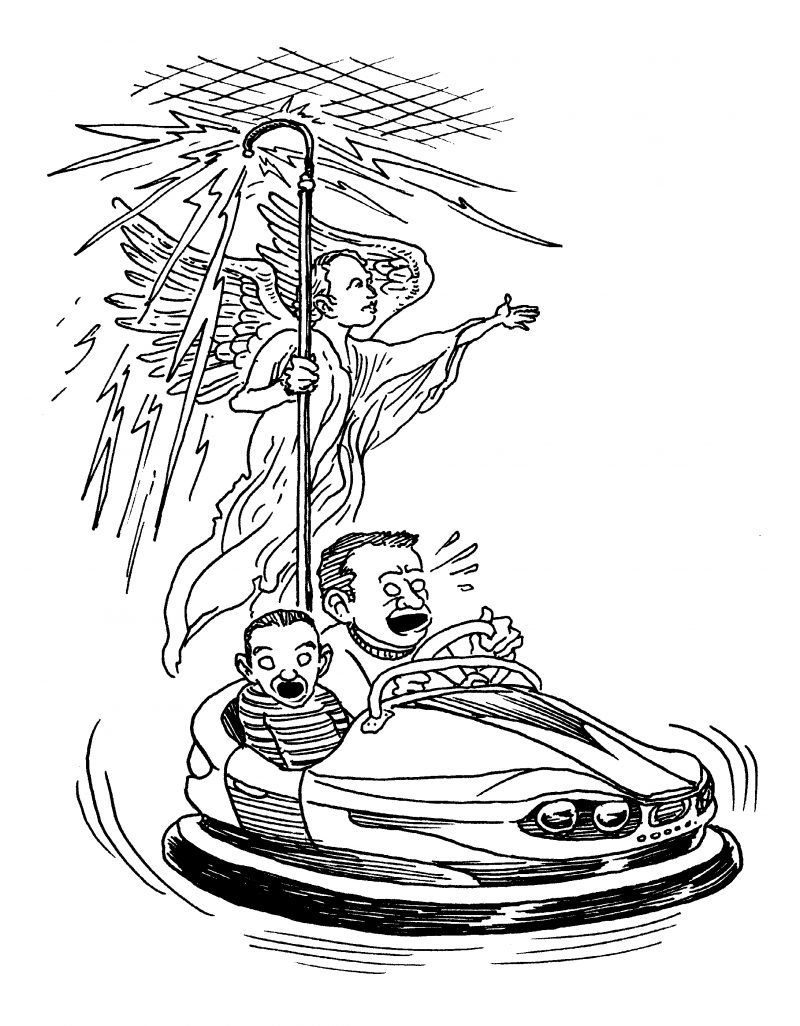In one of his short pieces that hovers uncomfortably between being a novel, an essay, and an exercise in clinical observation, Georges Perec muses that he’s missed his true calling: rather than a writer, he should have become a controller for the Paris City Transit Authority. The revelation comes at the end of a day spent sitting in the same spot noting down (among other things) the passage of pedestrians to and from the metro and the frequency with which the variously numbered buses pass by, some full, some empty. But, more subtly, his reasoning goes as follows: if the writer’s task is to record events in time; to bring into sharp focus the trajectories of human lives, both singularly and in all their crowded multiplicity, the contingencies—be these of chance or design—of a hundred, or a thousand, or a million comings-together, transfers, and leave-takings; to intuit and communicate their overall rhythm; and, beyond even that, to peer beneath their surface and reveal the fabric holding the whole thing together, unpick and reconstruct its very weft and warp—well, the transit controller does exactly this.
By the same logic, I would suggest that the most noble and heroic thing to be in this life, or perhaps in any other, is the dodgem jockey. You know what I mean: those guys who work the bumper cars in fairgrounds. Not the fat, older one who sits in the control booth—Perec’s fantasy—but the lithe young things who cling to the backs of moving cars, hopping from one to the next.
Considered structurally (and what is a fairground ride but a mechanical construction?), the dodgem ring is made up of three strata. At the top, the grid—that is, speaking Cartesianly, space itself, its sublimated essence and totality; and, speaking metaphysically, the heavens, electrified domain from which the gods cast out their bolts, zap life down to the realm below. That second realm, the floor, the stage across which human dramas play themselves out with a predictable, if frenzied and excited, regularity, is, despite its foot-stamping, wheel-grabbing aspirations to autonomy, powered by the first, which crackles from time to time with angry lightning to remind it where the charge lies in this setup.
Dodgem jockeys, though, occupy the third stratum, the one lying between the other two: the realm of conductivity, of conveyance. This makes them angels: messengers, or mediators, who ensure that heaven’s work is carried out uninterruptedly on earth, nudging things along, sorting out blockages. In terms of volume, their zone is the biggest: where the ceiling, like the floor, is flat (even the gods are horizontal), it alone has a vertical dimension. While their nominal “patrons” are obliged to sit...
You have reached your article limit
Sign up for a digital subscription and continue reading all new issues, plus our entire archives, for just $1.50/month.
Already a subscriber? Sign in





